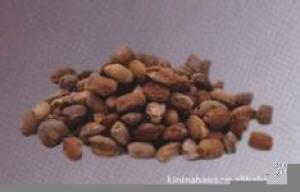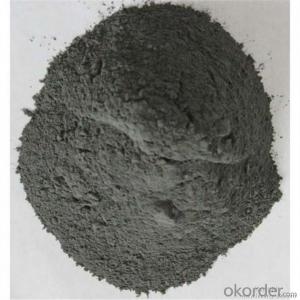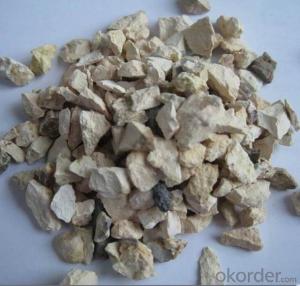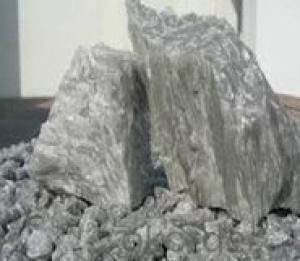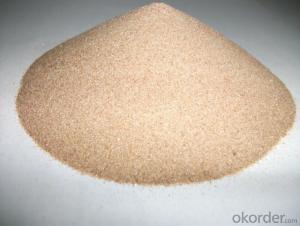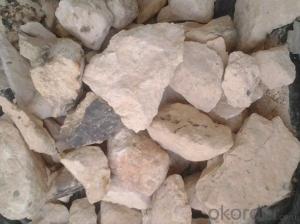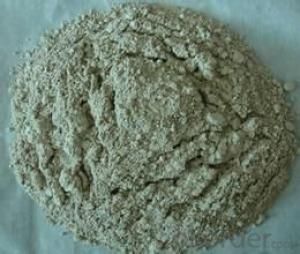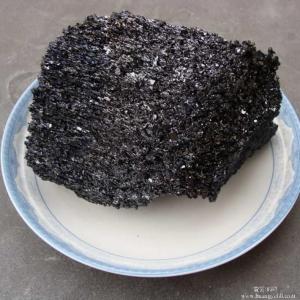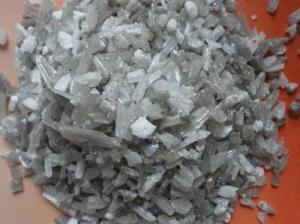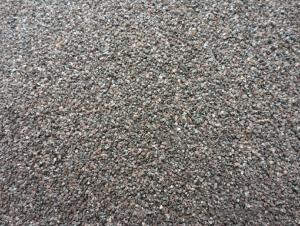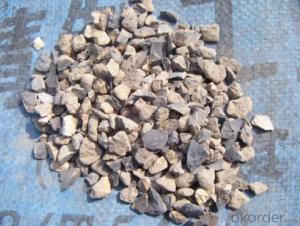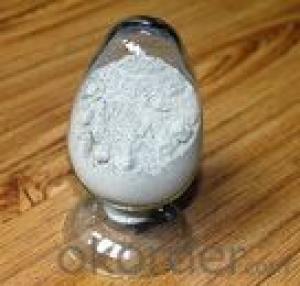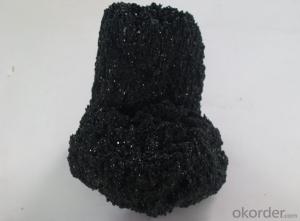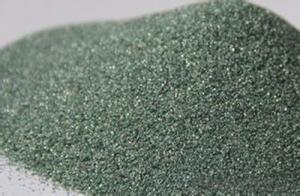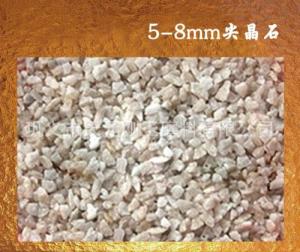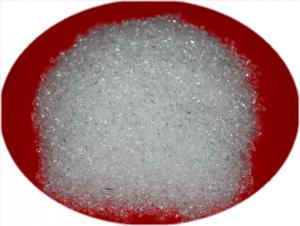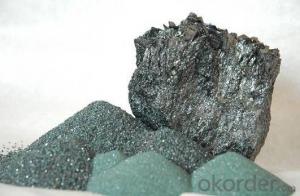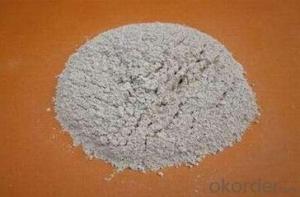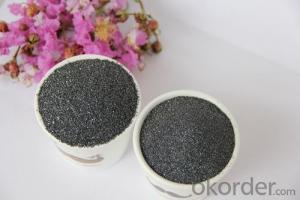All Categories
- - Steel Wire Rod
- - Steel Coils
- - Steel Profiles
- - Steel Pipes
- - Stainless Steel
- - Tinplate
- - Special Steel
- - Steel Sheets
- - Steel Rebars
- - Steel Strips
- - Hot Rolled Steel
- - Cold Rolled Steel
- - Pre-painted Steel
- - Seamless Steel Pipe
- - Welded Steel Pipe
- - Hollow Steel Tubes
- - Galvanized Pipe
- - Stainless Steel Coil
- - Stainless Steel Sheet
- - Stainless Steel Plate
- - Stainless Steel Strips
- - Electrolytic Tinplate Coil
- - Electrolytic Tinplate Sheet
- - Stainless Steel Rebars
- - Solar Panels
- - Solar Water Heater
- - Solar Related Products
- - Solar Inverter
- - Solar Cells
- - Solar Light
- - Solar Energy Systems
- - Solar Controllers
- - Solar Mounting System
- - Solar Pump
- - Solar Chargers
- - Fiberglass Chopped Strand
- - Fiberglass Mesh Cloth
- - Composite Pipes
- - FRP Pultrusion Profiles
- - Fiberglass Mat Tissue
- - Fiberglass Fabrics
- - Fiberglass Mesh
- - Composite Tank
- - Fiberglass Mesh tape
- - Polymer
- - FRP Roofing Panel
- - Fiberglass Roving
- - Monolithic Refractories
- - Ceramic Fiber Products
- - Refractory Bricks
- - Raw Materials For Refractory
- - Suspended Platform
- - Cranes
- - Concrete Machinery
- - Earthmoving Machinery
- - Building Hoist
- - Road Building Machinery
- - Plastic Pipe Fittings
- - Plastic Tubes
- - Plastic Sheets
- - Agricultural Plastic Products
- - Plastic Nets
Q & A
What is the role of refractory materials in the construction and operation of blast furnaces?
Refractory materials play a crucial role in the construction and operation of blast furnaces. These materials are used to line the interior of the furnace, protecting it from the extremely high temperatures and harsh chemical reactions that occur during the iron-making process.
The refractory lining acts as a barrier, preventing the molten iron and slag from eroding the furnace walls and causing structural damage. It also helps in maintaining thermal insulation, ensuring efficient heat transfer and reducing heat losses.
Additionally, refractory materials must possess high resistance to thermal shock, abrasion, and chemical corrosion to withstand the intense conditions inside the blast furnace. They should have the ability to retain their strength and stability even at extreme temperatures.
Overall, the use of proper refractory materials in blast furnaces is essential for ensuring their longevity, productivity, and safety in the iron-making industry.
What are magnesia and dolomite in refractory applications?
Magnesia and dolomite are materials commonly used in refractory applications. Magnesia refers to magnesium oxide (MgO), which is a high-temperature resistant material often used for lining furnaces, kilns, and other high-heat environments. It has excellent thermal conductivity and resistance to chemical attacks, making it suitable for refractory purposes. Dolomite, on the other hand, is a natural mineral composed of calcium magnesium carbonate (CaMg(CO3)2). It is often used as a raw material in the production of magnesia-based refractories due to its high magnesium content. Dolomite helps improve the sintering and stability of refractory bricks, making them more durable and resistant to thermal shocks.
What are the different types of carbon used in refractory production?
There are several types of carbon used in refractory production, including graphite, anthracite coal, petroleum coke, and metallurgical coke. Each type has its own unique properties and advantages, and the selection depends on the specific requirements of the refractory application.
What are the refractory raw materials used in the production of ceramics?
The refractory raw materials commonly used in the production of ceramics include clay, feldspar, silica, alumina, and zirconia.
Wholesale Raw Materials For Refractory from supplier in United Arab Emirates
Whether you are in need of high-quality raw materials for manufacturing refractory products or require assistance with sales, quotations, or technical support, our specialized team is here to help. As a subsidiary platform of CNBM, a Fortune Global 500 company, we have the resources and capabilities to offer comprehensive procurement services for raw materials for refractory in the United Arab Emirates.
Our extensive product range includes a variety of raw materials such as alumina, silica, magnesia, and other refractory minerals. We understand that every project has unique requirements, and we are committed to meeting your specific needs. Whether you are in the steel, cement, glass, or petrochemical industry, we have the expertise to provide you with the right materials.
With years of experience in the United Arab Emirates market, we have developed a deep understanding of the local industry and its specific demands. This enables us to offer valuable insights and expertise to support your projects. Our team of experts is dedicated to providing excellent customer service and ensuring that you receive the highest quality raw materials for your refractory applications.
Contact us today to discuss your raw material needs or to learn more about our sales, quotations, and technical support services for refractory products in the United Arab Emirates. We are ready to assist you in achieving your project goals efficiently and effectively.
Our extensive product range includes a variety of raw materials such as alumina, silica, magnesia, and other refractory minerals. We understand that every project has unique requirements, and we are committed to meeting your specific needs. Whether you are in the steel, cement, glass, or petrochemical industry, we have the expertise to provide you with the right materials.
With years of experience in the United Arab Emirates market, we have developed a deep understanding of the local industry and its specific demands. This enables us to offer valuable insights and expertise to support your projects. Our team of experts is dedicated to providing excellent customer service and ensuring that you receive the highest quality raw materials for your refractory applications.
Contact us today to discuss your raw material needs or to learn more about our sales, quotations, and technical support services for refractory products in the United Arab Emirates. We are ready to assist you in achieving your project goals efficiently and effectively.
Hot Search
- Monolithic Refractories in Morocco
- Ceramic Fiber Products in Lesotho
- Refractory Bricks in India
- Raw Materials For Refractory in Georgia
- Refractory Bricks in Greece
- Monolithic Refractories in Algeria
- Refractory Bricks in Zambia
- Ceramic Fiber Products in Laos
- Refractory Bricks in Poland
- Refractory Bricks in France
